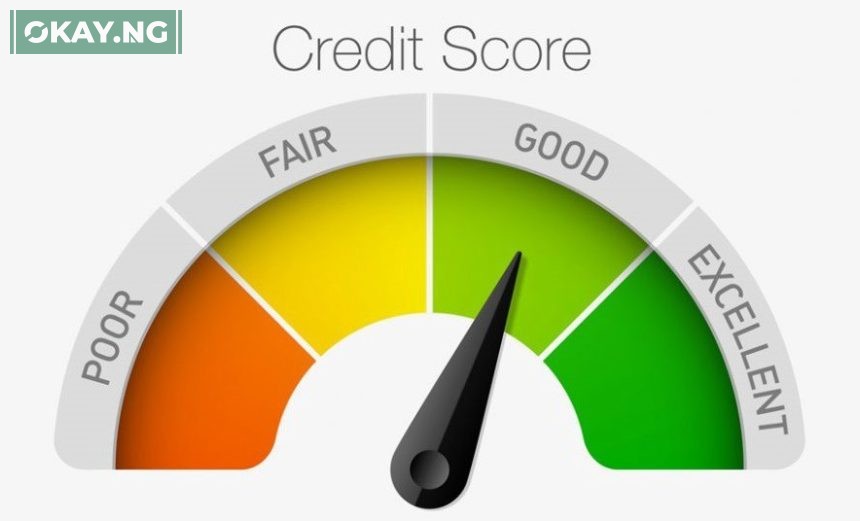In a notable economic shift, Nigeria’s consumer credit outstanding surged by a substantial 26.29%, reaching N4.42 trillion in November 2024, according to the latest Central Bank of Nigeria (CBN) Monthly Economic Report. This significant increase from the previous month’s N3.5 trillion underscores the growing reliance of Nigerian households on credit to navigate rising living costs.
The data reveals a compelling narrative: as inflation continues to exert pressure on household budgets, more Nigerians are turning to credit, particularly personal loans, to manage essential expenses. “Consumer credit outstanding increased significantly by 26.29 per cent to N4.42 trillion from the level in the preceding month, due largely to inflation expectations,” the CBN report stated.
Personal Loans Lead the Charge
The most striking growth was observed in personal loans, which skyrocketed by 37.76% to N3.32 trillion from N2.41 trillion in October 2024. These loans, frequently used for day-to-day household expenditures, now account for a dominant 74.95% of the total consumer credit. Conversely, retail loans, which fund purchases of goods and services, experienced a more moderate increase of 1.83%, rising to N1.11 trillion.
As a news writer, examining these figures, I can’t help but consider the human element. For many Nigerians, these loans represent a lifeline, enabling them to afford necessities like rent, food, and healthcare amidst escalating prices. The surge in personal loans is a direct reflection of the financial strain faced by countless families.
Inflation and Monetary Policy
The CBN’s Governor, Olayemi Cardoso, has acknowledged the challenges posed by inflation, which has prompted aggressive monetary tightening. The Monetary Policy Rate (MPR) has been raised by 875 basis points in 2024, moving from 18.75% to 27.50% by November. While these measures aim to stabilise the economy by curbing excess liquidity, they also place considerable pressure on borrowers.
Analysts suggest that the slower growth of retail loans indicates a cautious approach to discretionary spending. While consumers are still purchasing goods and services, the high cost of living may be deterring them from making non-essential purchases.
Balancing Credit Expansion and Financial Stability
The CBN’s efforts to enhance financial inclusion and credit accessibility are commendable. However, concerns about rising debt levels and repayment sustainability persist. Economic experts urge the central bank to implement measures that balance credit expansion with financial stability. It is crucial to ensure that increased borrowing does not lead to higher default rates, particularly as interest rates remain elevated.
The sharp rise in personal loans, coinciding with the CBN’s interest rate hikes, highlights the complex interplay between monetary policy and consumer behaviour. Ultimately, the goal is to create an environment where credit empowers individuals without jeopardising their financial well-being.
As we move forward, it is essential to monitor these trends closely. The data provides a window into the economic realities faced by Nigerians, and informed policy decisions are crucial to navigating these challenges effectively.












